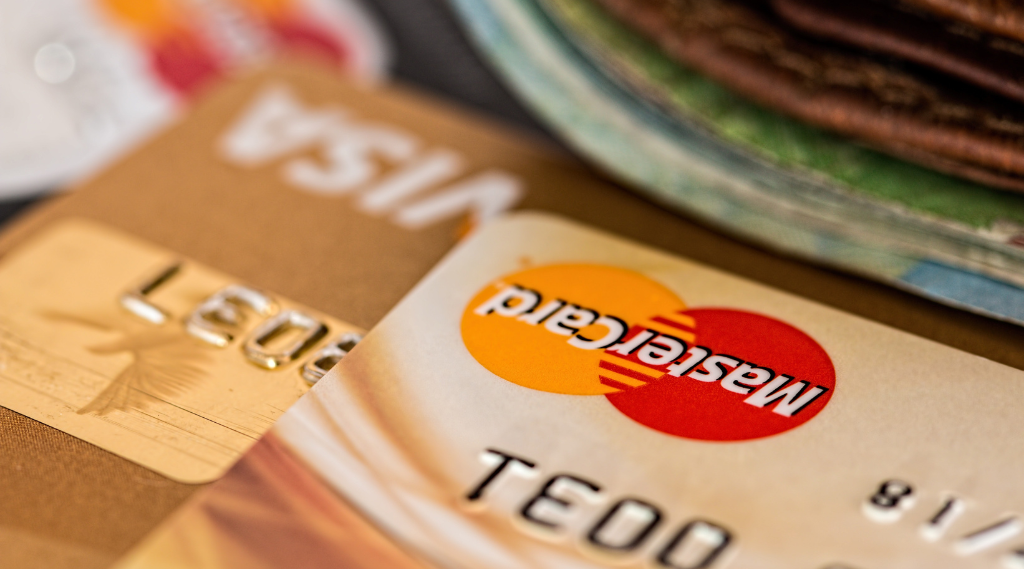
How important is your credit score when purchasing a home? The answer is very. Unless you intend on buying a new home outright, you will need to take out a mortgage to pay for it. Your credit score affects your mortgage and therefore it also affects the long-term cost of your home. Let’s take a look at why having good credit is important when buying a new home or any piece of property for that matter.
What is a Credit Score?
What is “credit” when it comes to finances, and how does your credit score affect your mortgage interest rate? Credit is essentially a numbering system that gauges how likely you are to repay borrowed money. Your credit score is calculated most based on the information derived from your credit reports, which are compiled by credit reporting companies. Credit reports include a history of your payment habits and paint a pretty good picture of your relationship with borrowed money. When you pull your credit report, you can expect to see historical information on things like credit cards, previous mortgages, car loans, cell phone bills, and more.
How is a Credit Score Related to Interest Rates?
Lenders rely on credit scores as an indication that a borrower will meet obligations. Experts suggest that a higher credit score reassures lenders that they will be paid back. The higher your score, the lower the interest rate you will likely receive. Since a home mortgage is often worth hundreds of thousands, if not millions, of dollars, a percentage or two makes a very large difference in cost.
The lending industry divides up the credit score scale into increments and adjusts the interest rates it offers borrowers each time a credit score moves up or down in points. If your score drops from, say 760 to 740, you’re likely to see an increase in the rate you’ll be offered. As your credit score drops, so does your access to better interest rates as well as which banks are willing to offer you a mortgage at all.
While credit score ranges can vary, here is an example:
740 or higher = Excellent (providing lowest mortgage interest rates)
700 to 739 = Good
630 to 699 = Fair
629 and below = Poor credit (providing you the highest mortgage interest rates)


How Do You Build Credit?
Here are some ways that you can build up your credit score so that you can qualify for lower mortgage interest rates. Also, be sure to keep in mind that neglecting to do these things can result in a decrease in your credit rating.
- Always make your payments on time. Whether it is rent, credit cards, or car loans, it’s imperative to make every payment on time and in full.
- Limit your spending and live within your means. A good rule of thumb is to keep your spending to no more than 30% of your limit on credit cards.
- Pay down credit card balances. Pay down high-balance and high-interest credit cards as quickly as you can and do your best to not spend more than 50% of your credit limit on any given card.
- Avoid applying for too many loans and credit cards. While you do need credit to build credit and increase your credit score, it is not a good idea to take out too many loans as they often result in your credit taking a hit – whether you are approved or not.
- Check for credit score errors. Credit errors do happen. Be sure to look into anything that looks suspicious or questionable.
- Seek advice from an expert. A reputable, experienced expert such as a credit counselor can help you identify and implement other strategies to help build your credit.








